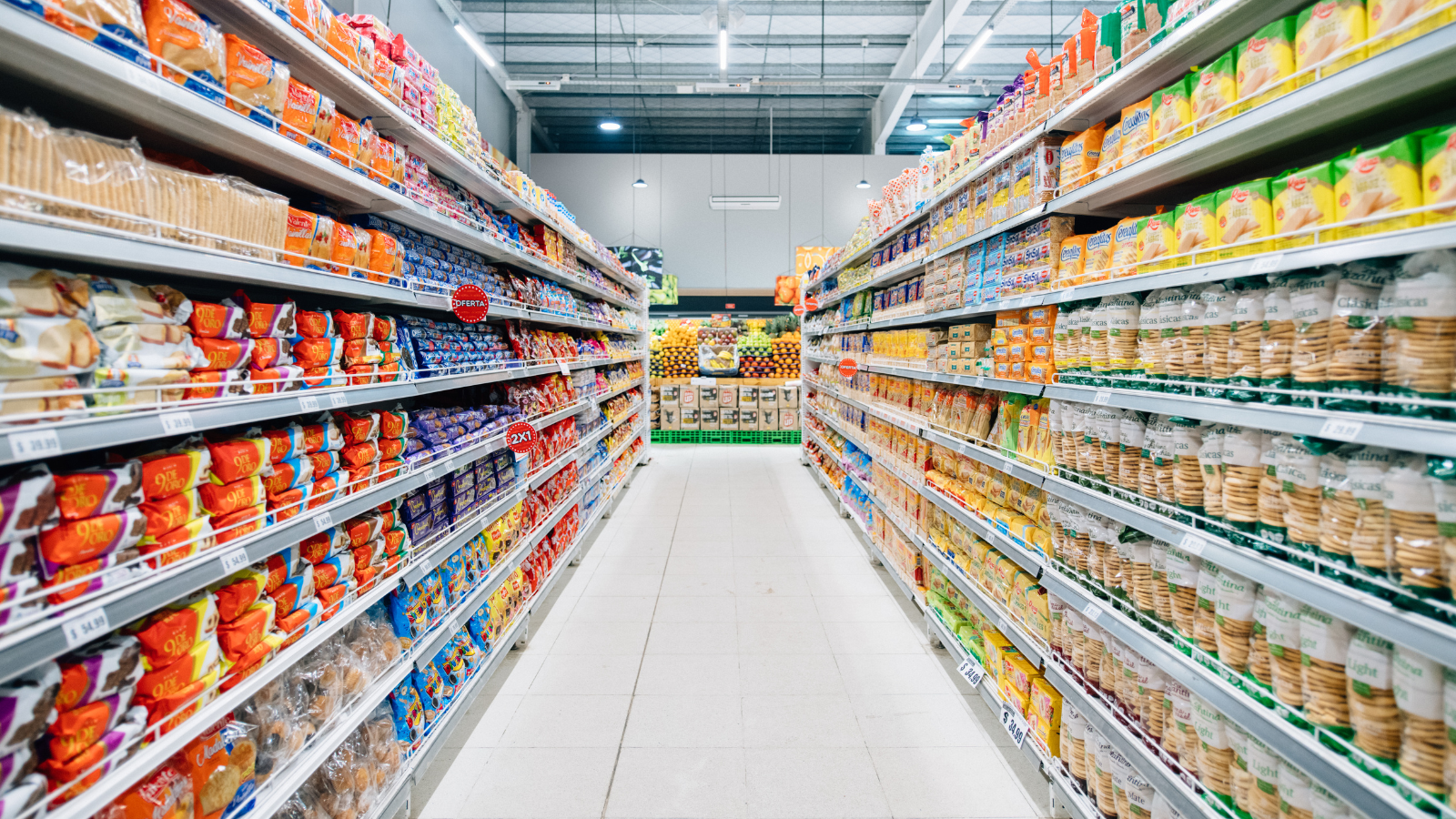.png)
Ultra-Processed Foods – A Debate Decades in the Making
Ultra-processed foods (UPFs) are firmly in the spotlight - and it’s not the first time the UK has had a reckoning with what’s really in our food.
Back in the mid-2000s, Jamie Oliver famously campaigned for better school dinners, shining a light on the over-reliance on cheap, processed options in the nation’s school canteens. His efforts ignited a national conversation about health, diet and the long-term consequences of our relationship with convenience food. Fast forward nearly 20 years, and we find ourselves at a similar crossroads but this time the focus is on the food industry more broadly.
What exactly are UPFs?
Ultra-processed foods are products made with ingredients you wouldn’t normally find in your kitchen: stabilisers, emulsifiers, flavour enhancers, preservatives and reconstituted raw materials. While processing itself isn’t inherently bad (bread, cheese, and olive oil are all “processed”), UPFs are distinct in being heavily engineered for flavour, convenience and cost-efficiency. Think ready meals, fizzy drinks, packaged snacks and reformed meat products.
The backlash builds
Growing scientific evidence has linked high consumption of UPFs to health risks, including obesity, diabetes and heart disease. Media interest has surged, and the conversation has spilled onto social platforms where consumers are increasingly questioning what they eat.
One of the clearest signals of this shift comes from retail. Marks & Spencer recently gained traction with its “Only… Ingredients” range - cereals and bakery products marketed as having just a handful of ingredients, like cornflakes made from only corn or a toasting loaf containing flour, water, yeast, and salt. The move plays directly into consumer unease with long, complex labels and reflects a wider shift towards authenticity and transparency in food. While shoppers have welcomed the simplicity, nutritionists and campaigners have pointed out the trade-offs, such as reduced fortification and questions over how ingredients are being counted.
This is not a niche movement. According to YouGov, more than half of UK consumers now say they’re actively trying to cut down on UPFs, a statistic that retailers and manufacturers can’t afford to ignore.
The challenge for food businesses
UPFs are woven into the fabric of modern food supply: they’re cheap, convenient and popular. But they also carry increasing reputational risk. The question for food businesses is how to balance consumer demand for affordability and ease with rising expectations around health and transparency.
Reformulation is one route, creating cleaner-label products without sacrificing taste, price or shelf life. But this is far from straightforward: natural ingredients often cost more, spoil faster, and require new supply chain thinking. Still, the commercial opportunity is clear - brands that can combine convenience with credibility will be well placed to win in this new landscape.
The people behind the change
For those working in the food industry, this is both a challenge and an opportunity. The spotlight on UPFs means companies need the right people in place — from product developers who can reformulate with fewer ingredients, to technical experts who can navigate fortification, labelling and regulation.
The consumer trend is clear: people want simpler, healthier, more trustworthy food. The question now is how businesses respond — and who’s got the expertise to make it happen.
At MorePeople we work with food businesses across the supply chain to identify and recruit the specialists who can turn these challenges into opportunities, helping you innovate, stay ahead of trends, and build consumer trust. If your business is looking for the expertise to adapt, innovate and lead in this new era of food, MorePeople can help you find the people who will make it happen.
